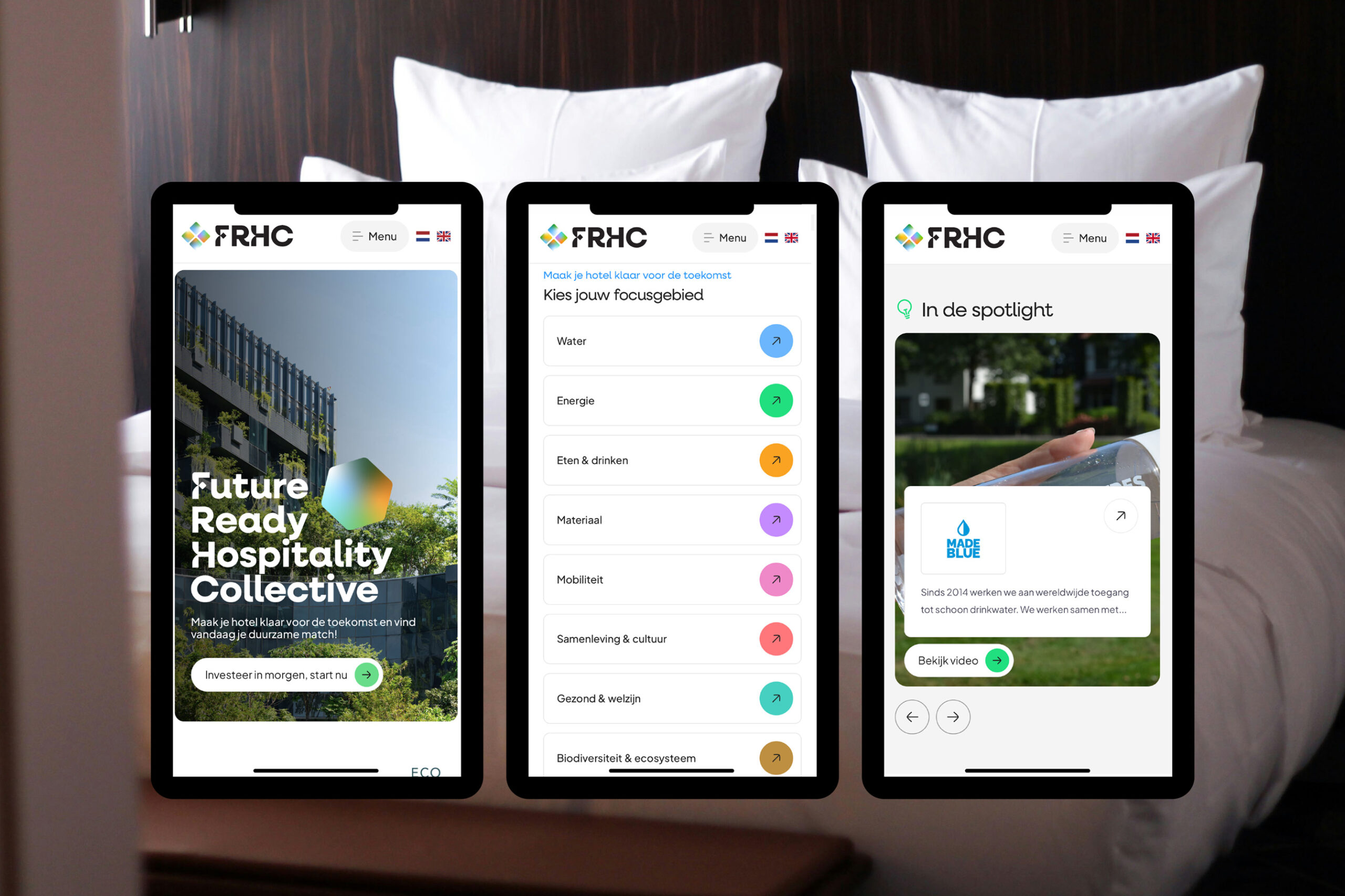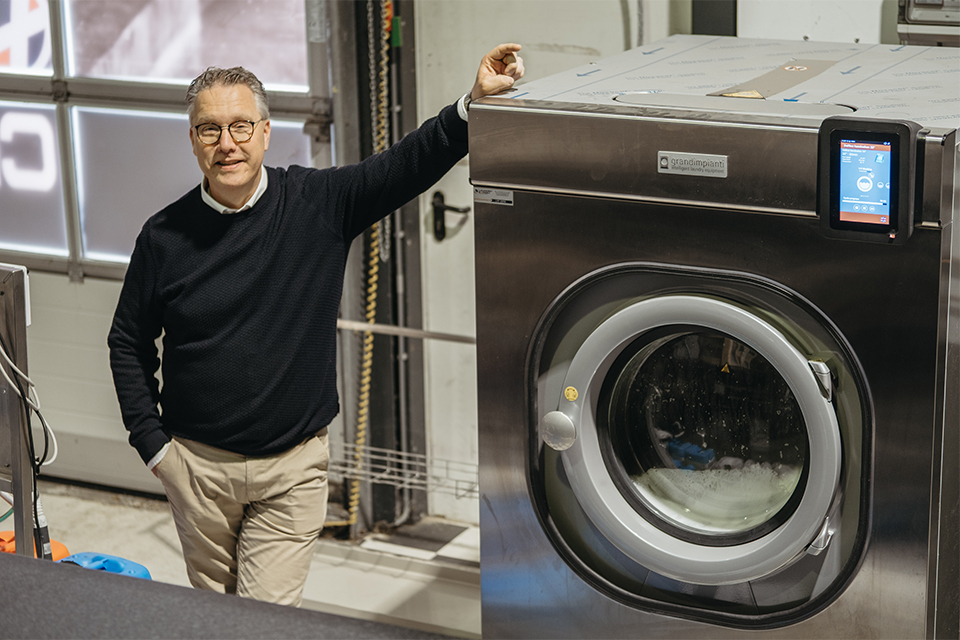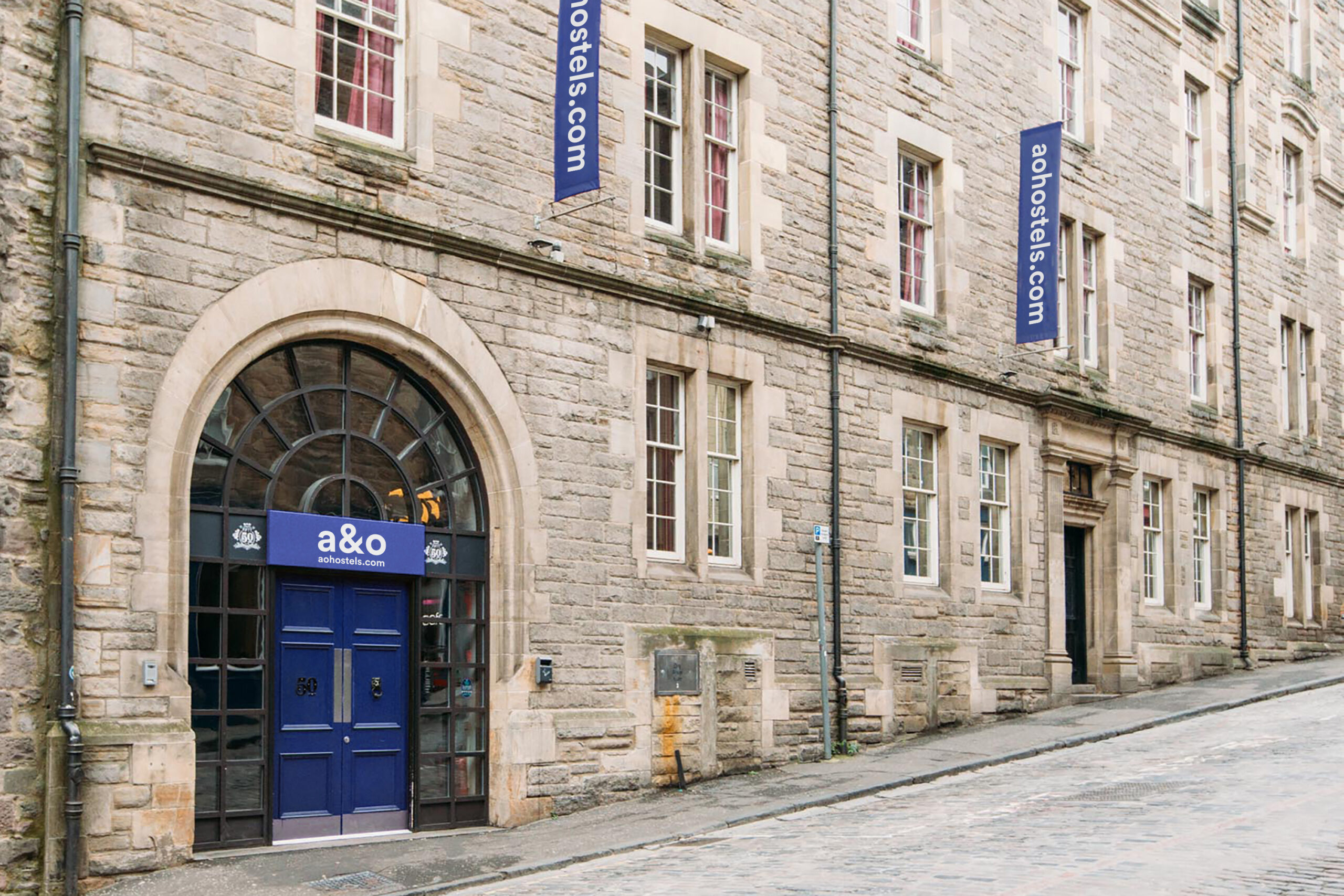
Far-reaching recycling is paramount
Besides hospitality and digitalisation, sustainability is one of the key success factors for a future-proof hotel industry. Veendam-based mattress manufacturer Intertras is also consciously responding to this. "To make our final product, we use green, sustainable products as much as possible," says co-owner Herbert Bosma.
For almost a quarter of a century, Intertras has been supplying customised mattresses and box-spring beds to budget, mid-range and top hotels via project furnishers. To manufacture the mattresses, the Groningen-based company works mainly with quality raw materials from the Netherlands and Germany. "In doing so, we try to buy as sustainably as possible," says Bosma. "A good example are the tickings that are handmade in our sewing workshop. In fact, all our mattresses are upholstered in a high-quality, comfortable double cloth ticking. Normally synthetic material is used for such a ticking, but we now offer tickings that incorporate a percentage of sustainable fabrics; in particular bamboo, aloe Vera and Tencel - a natural synthetic fibre."
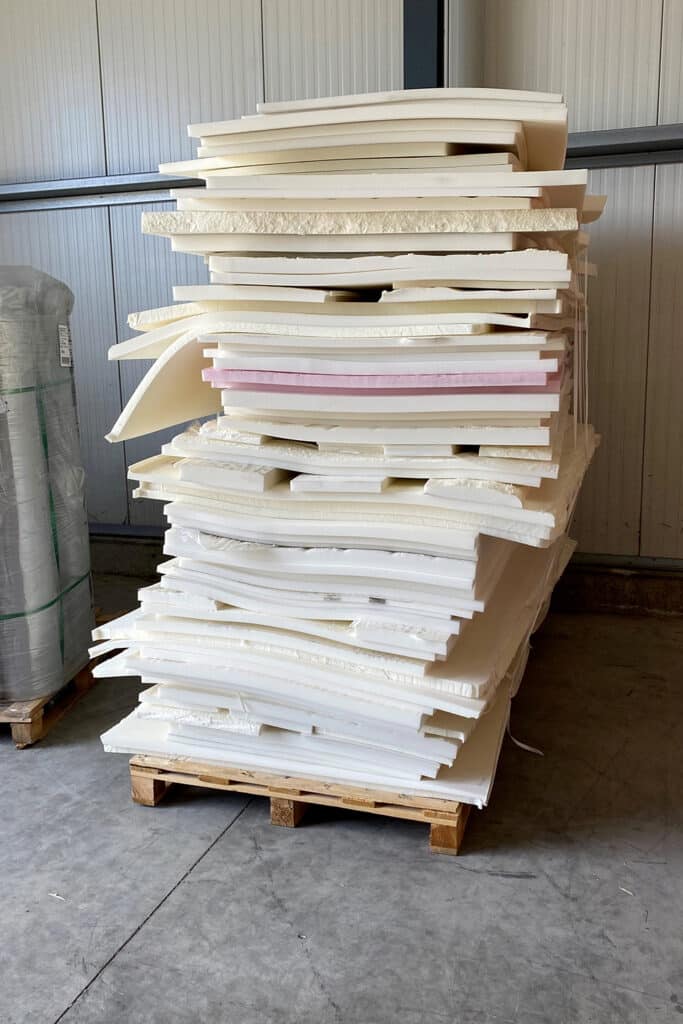
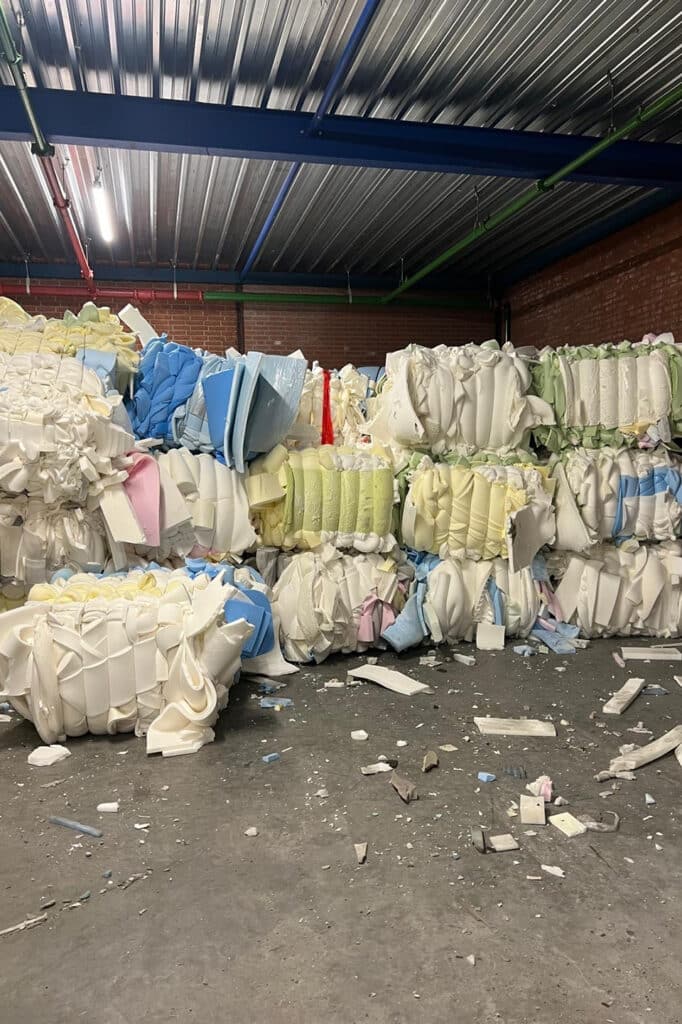
Second life for foam and feathers
Intertras is committed to sustainability throughout its business chain. Apart from incorporating green raw materials in its mattresses, the company also considers it important that suppliers recycle their own products as much as possible. "For example, German spring manufacturer AGRO International has developed a recycling process for discarded pocket springs. This involves separating the dust from the steel so that it can be reused for new pocket springs. Another good example of this far-reaching recycling is foam manufacturer Avek in Surhuisterveen: they take back the loose residual foam, which arises as cutting waste in our production process. Avek then presses this residual foam into bales; these are in turn transported to Belgian company Federal Eco Foam. There, this post consumer material is recycled into new products for all kinds of sectors, including construction, sports and the animal industry. Examples include insulation material, cow mattresses, substrate mats for roofs and facades and judo mats. In this way, our residual foam also gets a second life."
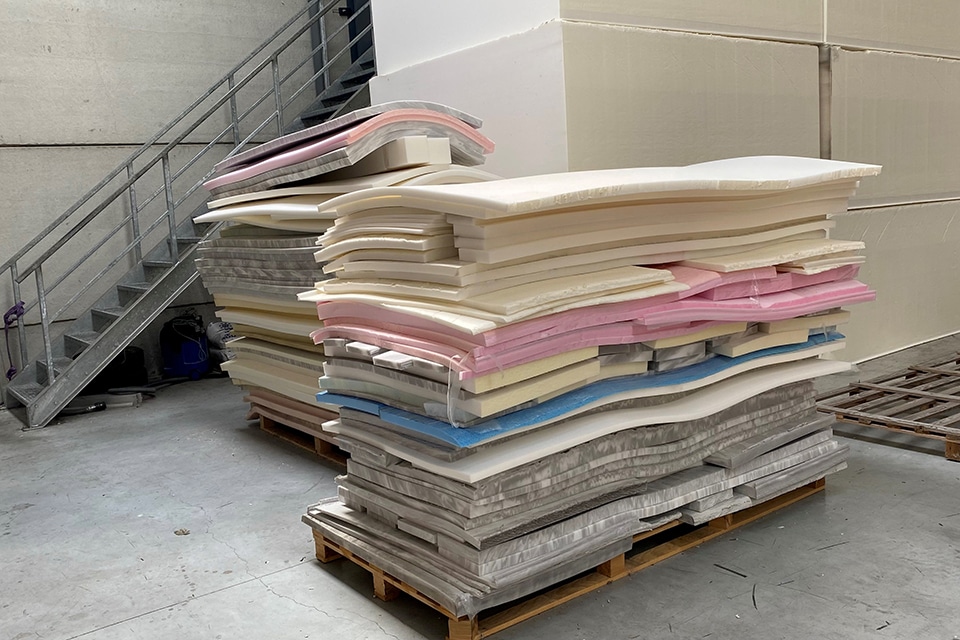
Long service life
According to Bosma, this increased focus on sustainability did not come out of the blue. "On the one hand, the government is increasingly demanding sustainable business practices, and on the other hand, we are also increasingly being asked by hotels: how 'green' are you doing and how sustainably responsible are the substances used in your mattresses? Particularly since the corona crisis, hotels are keen to communicate that they are sustainable. Also because more and more hotel guests are willing to pay a little extra for sustainable accommodation."
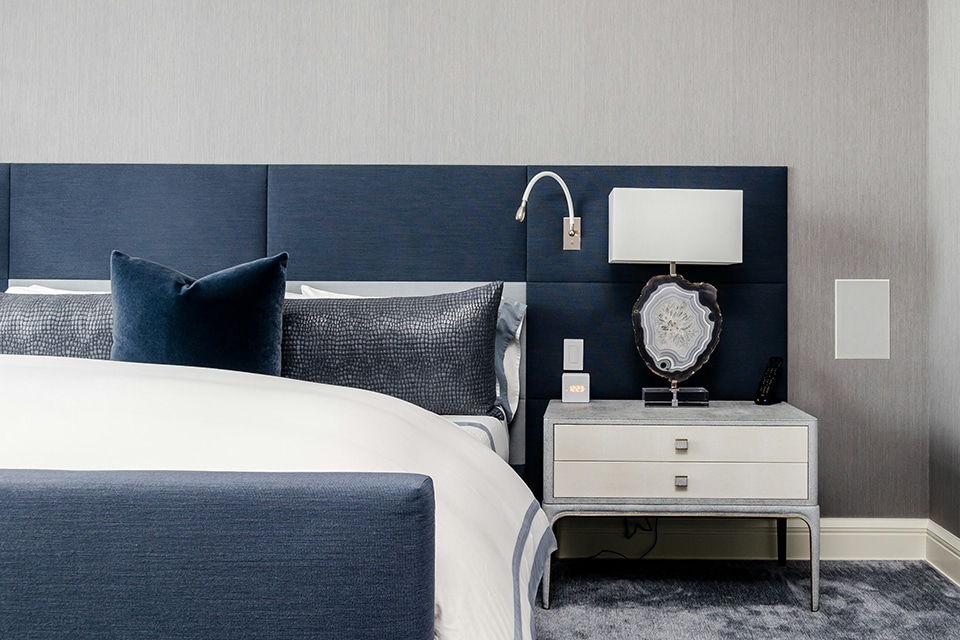
By sustainability, Intertras also means that its mattresses and box springs are high-quality, long-life products. "On average, a hotel does around six years with a mattress before it is replaced," the co-owner knows. "When a return is requested, we outsource it to Mattress Recycling Europe, a specialist in collecting and dismantling old mattresses. Thanks to their efficient recycling process, 95 per cent of the materials can be reused. In doing so, this company also contributes to a sustainable society."

